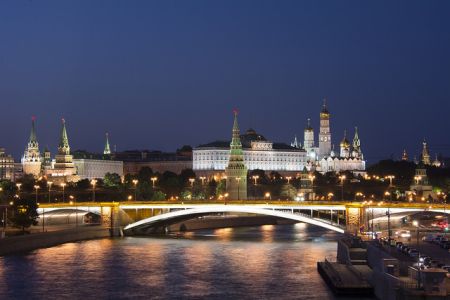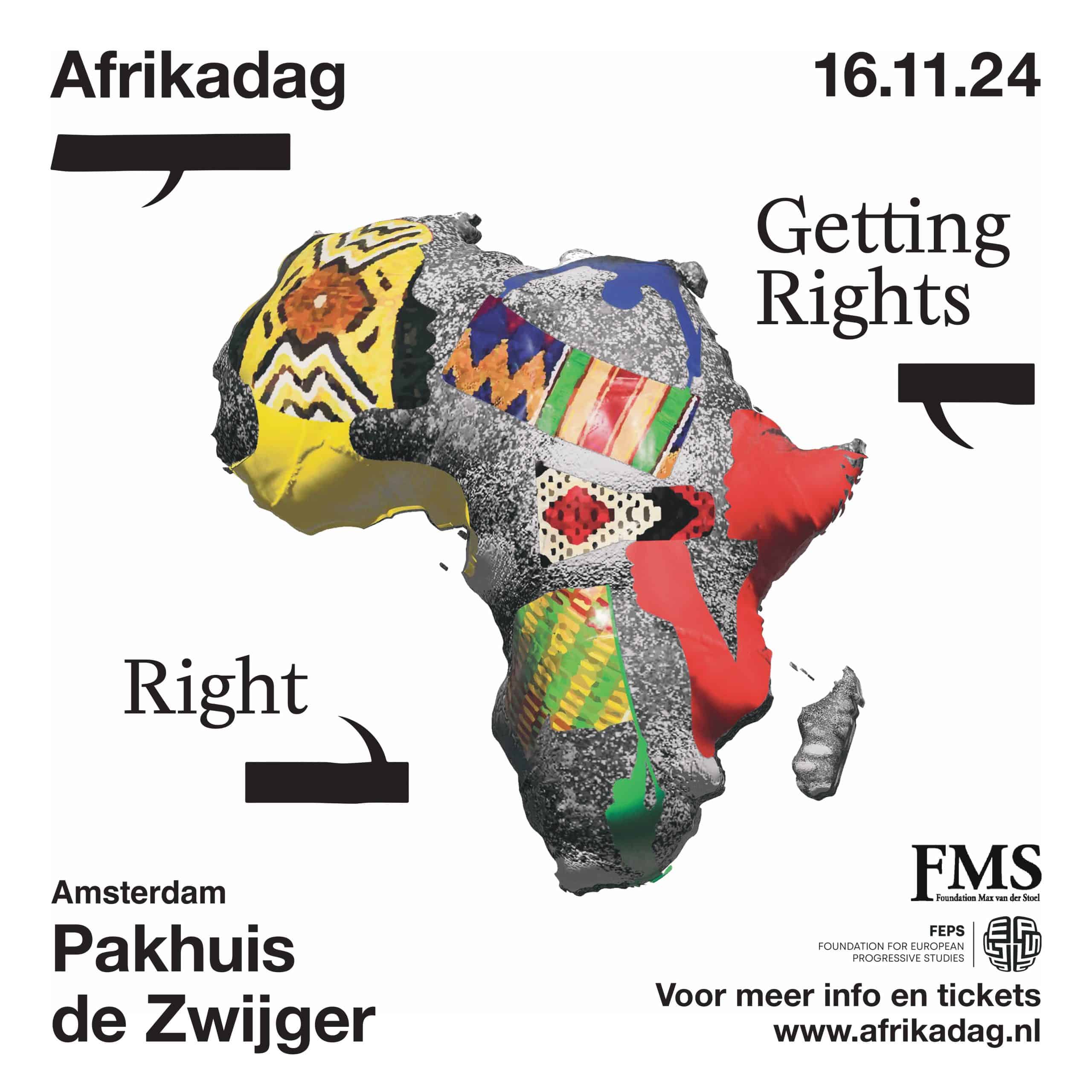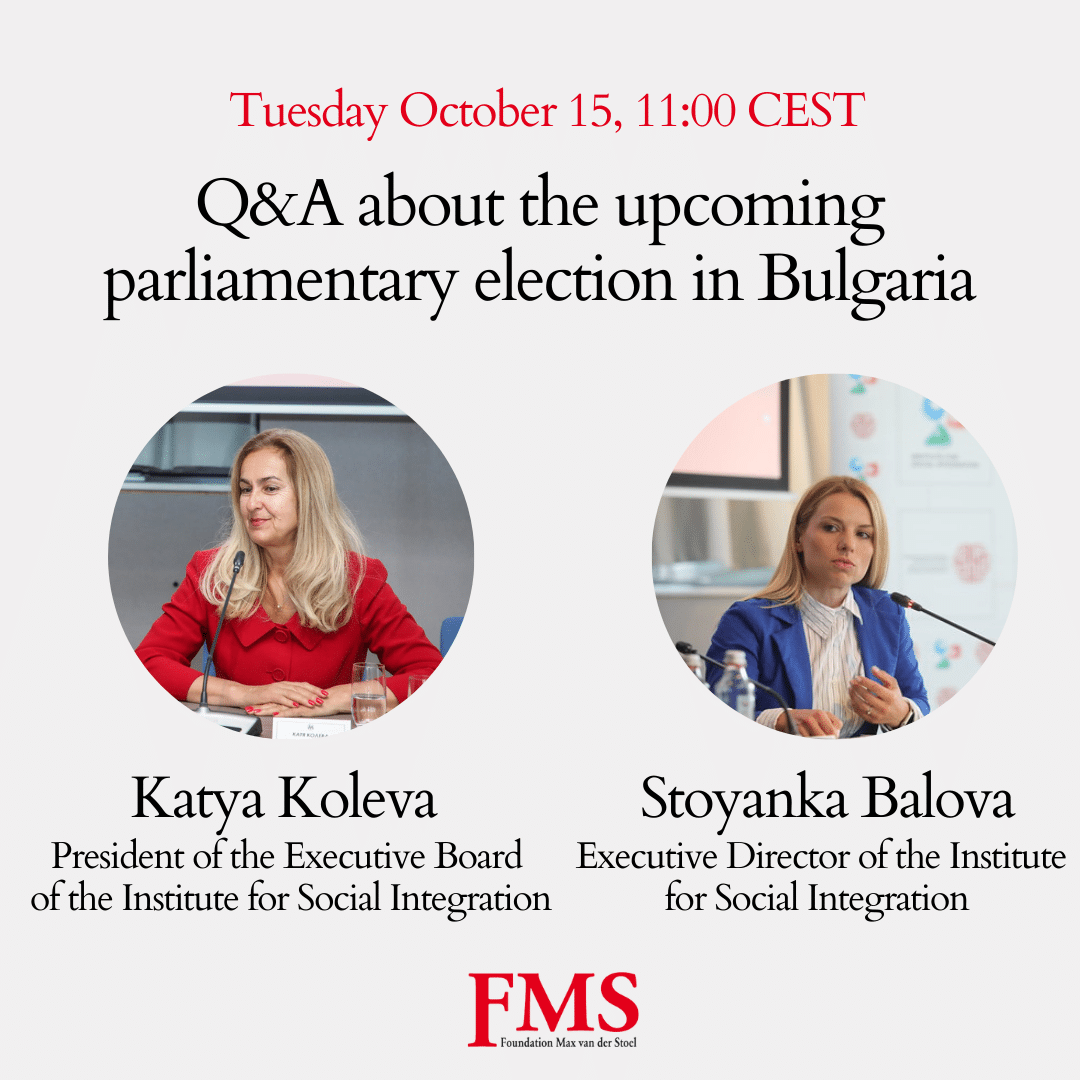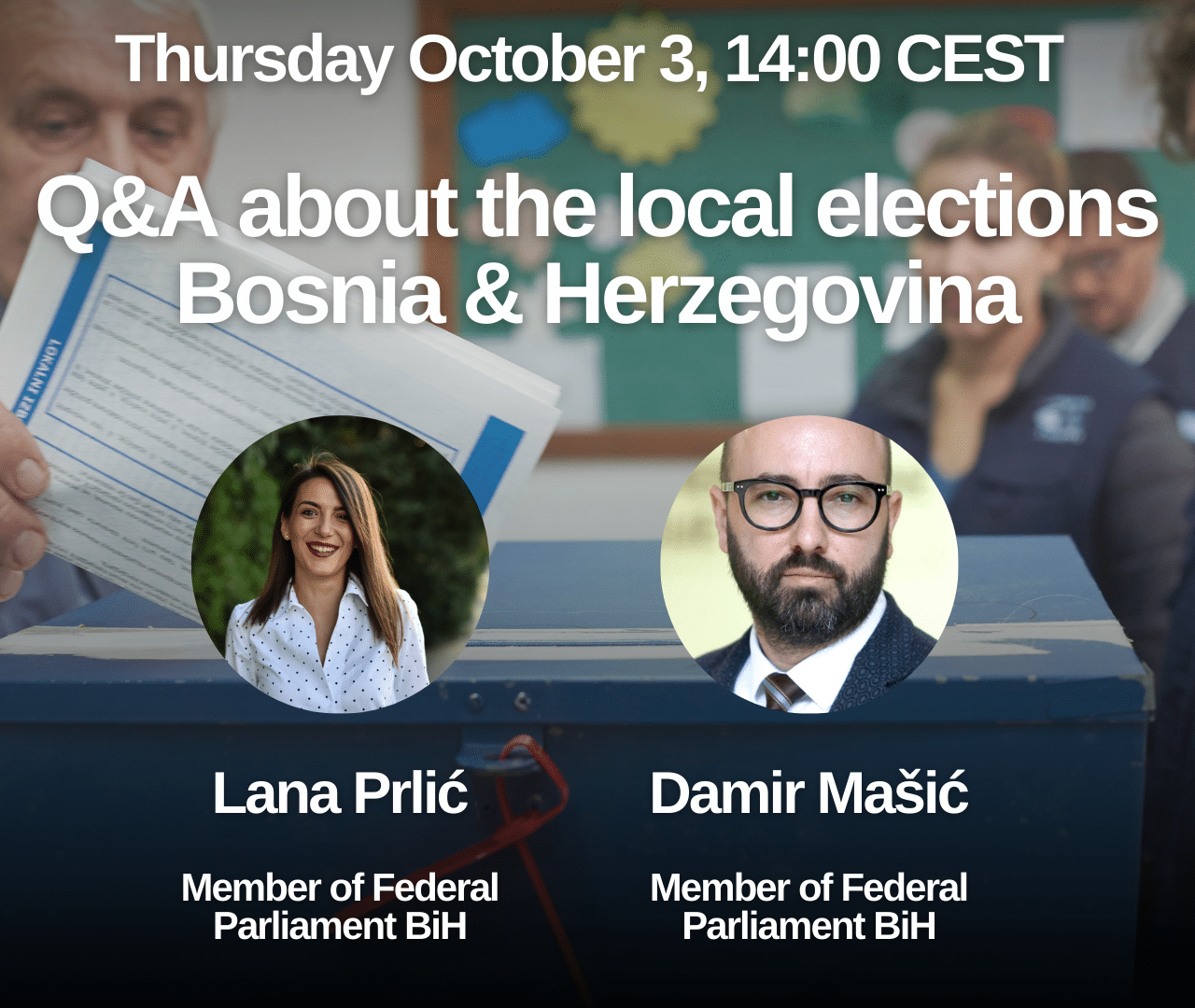In Russia, the eight final candidates who will compete in the 18 March elections have been known for a few weeks now. There is something for everyone: from communist to liberal, from nationalist to ultra-nationalist, from ideological candidates to those with no ideology at all. However, it will not matter much, as the outcome is a foregone conclusion: a fourth term for President Vladimir Putin. And yet it takes quite a lot of effort to register as a candidate at all: you have to collect hundreds of thousands of signatures and comply with all sorts of strict rules, and if you are in opposition, you generally have little or no financial resources to do so. So who are these people who nevertheless try so eagerly and hard to stay in the race, and why do they do it?
The pink elephant of elections
The only opposition candidate who stood some chance of actually challenging Putin was anti-corruption activist Alexey Navalny. But he was barred from participating after a suspended sentence in a court case that his supporters say was politically motivated. Since then, he has turned his impressive campaign - local offices in some 70 cities, many rallies and volunteers, effective crowdfunding etc. - turned into a boycott campaign he calls a 'voter strike'. Since he himself is not allowed to participate, he has labelled this election a 're-election of Putin' and accuses other opposition candidates of competing for bacon and beans, only legitimising a fraudulent election.
One of those candidates is Ksenia Sobchak, a former socialite and TV presenter of entertainment shows. For several years, however, she has become much more political: she participates in opposition protests (which killed her TV career) and is openly critical towards the Kremlin. She also does not shy away from sensitive issues. For instance, she openly says that the Crimean annexation was illegal, and at a press conference directly asked President Putin why Navalny, one of the best-known opposition leaders, is not allowed to participate in the elections. This on state television, where his name alone is taboo. Nevertheless, she has been accused of being an instrument in Putin's hands, knowingly or unknowingly. The fact that she managed to register as a candidate is seen as further evidence of Putin's blessing. What makes this even more salient is the fact that her father, a former mayor of St Petersburg, was a political mentor to Putin in the 1990s, and that she spoke to Putin before making her candidacy public. In any case, critics say, her role is to divide the opposition vote. Sobchak herself has positioned herself as the protest vote. For a few years now, there has been no option in Russia to cast a 'vote against all', and this is the niche she is trying to occupy.
Of the remaining candidates, three - nationalist Sergey Baburin, ultra-nationalist Vladimir Zhirinovsky and liberal (and democrat) Grigori Yavlinsky - have been in politics since the 1990s but do not stand a better chance. Two other candidates are again less well-known but also have no chance: Maxim Suraikin, leader of the marginal party Communists of Russia (not to be confused with the Communist Party, the country's second largest party) and business ombudsman Boris Titov. The Communist Party is also running, with a surprising, candidate: not eternal party leader Gennady Zyuganov, but a director of a large farm outside Moscow, Pavel Grudinin. Although relatively young for a candidate of his party (57), he is full of respect for Josef Stalin, which makes him less surprising. And then, of course, you have the intended winner.
A fourth term
President Putin's official popularity is running above 80%, but not much can be said with certainty. The last somewhat reliable opinion barometer - Levada Center - announced in January that it would no longer publish its opinion surveys until the election, for fear of consequences. Indeed, this could be interpreted as political influence, and since Levada has collaborated with Western organisations at times, it could thus result in the stamp of 'Foreign Agent'.
However, there are signs that Putin is not too comfortable. The very fact that Alexey Navalny has been ruled out of the election speaks volumes. Although Navalny is relatively popular, he would never be able to beat Putin under current conditions in Russia. What he could achieve, however, is a protest movement like the one that followed the 2011 and 2012 parliamentary and presidential elections, respectively. Thousands of people took to the streets in several cities in Russia, propelled by the brutality of the falsifications during the elections, frequently captured on mobile phones of hundreds of Russians. That movement was very unexpected, and seemed bigger than any other protest movement since the 1990s. Months later, it died a quiet death after a swan song in May in Moscow's Bolotnaya Square: a protest that ended in clashes with the police, hundreds of arrests and court cases against protesters that brought convictions in the following years.
There is no specific reason to think that such a protest movement would have greater consequences today, but also no guarantee that it would not. Meanwhile, the economic situation in Russia has worsened due to Western sanctions in place since 2014. There are regular strikes and reports of salaries sometimes not being paid for months. At the same time, the wave of patriotism over the Crimean annexation - which had pushed those kinds of mundane complaints into the background - seems to have already passed its peak. It also seems to be drowning in reports of repeated (Russian) deaths in Syria; a conflict that evokes far less understanding from the average Russian than the war in neighbouring Ukraine.
So there is some reason for nervousness in the Kremlin. In this light, it is also not surprising that Putin created a new National Guard in late 2016: an internal security force under the direct command of his bodyguard Victor Zolotov.
The latest sign of 'Putin fatigue' came as soon as the election campaign was well under way: in many cities in Russia, Putin's election banners are being secured by police officers. The security was put in place after several incidents of vandalism directed specifically against his posters: from graffiti with 'liar' to paint bombs between the eyes and posters pelted with eggs.
Up the barricades?
All this gives no guidance on the protest mood in Russia, and how big or small it is; after all, these are very indirect and difficult to measure signals. And even the most disgruntled Russian might find the step to demonstrate too big. But the Kremlin does not seem to want to take any chances, and that in itself is telling. Elections in Russia are generally a period of extra incentives to take to the streets. This also explains the extra motivation of opposition candidates to work so hard for registration and the right to campaign: if ever you can reach people it is now. In return, the Kremlin puts up its own candidates alongside Putin: people who are not expected to be critical, but who create the image of a plurality of choice.
In theory, there may be more incentives to take to the streets this time than in previous elections, but the political climate in Russia has also become harsher again: you are labelled a 'traitor to the country' even faster if you are somewhat critical, and the consequences are greater. On the other hand, Russians (somewhat generalising) have also shown in the past that they are not afraid of such consequences, if they are angry enough. Whether that is the case now we will see around 18 March.
Marina Ohanjanyan, Senior Project Manager Eastern Europe and South Caucasus
Photo: Flickr





